
OR
Editorial
Curbing fatalities caused by rising snake bite incidents
Published On: July 15, 2023 07:35 AM NPT By: Republica | @RepublicaNepal

Snakebite incidents have been on the rise in Nepal, with at least nine people losing their lives since mid-April due to venomous snake bites. This surge in cases can be attributed to the ongoing rainy season and summer weather, which brings snakes out of their habitats in search of food. The data from the Epidemiology and Disease Control Division paints a grim picture, with an average of 15 to 20 snakebite-related deaths occurring annually in Nepal. The Shukraraj Tropical and Infectious Disease Hospital in Kathmandu has witnessed a significant influx of snakebite patients seeking treatment. Currently, 15 individuals are admitted to the hospital per day, and the director, Manisha Rawal, has reported an increase in daily patient arrivals. This alarming trend indicates the urgent need for proactive measures to prevent further fatalities.
The Zoonotic and Other Communicable Disease Control section at the hospital has issued a public advisory, urging people to take precautions to avoid snake bites. The favorable conditions for snake encounters are expected to persist for the next two to six weeks, making it crucial for everyone to remain vigilant. Dr Hemant Ojha, the head of the Zoonotic Section, expressed concern about the anticipated rise in snakebite cases over the next one and a half months. Annually, around 1,000 people in Nepal fall victim to snakebites, resulting in an estimated 15 to 20 fatalities. It is disheartening to note that a significant number of snakebite victims either pass away within their communities or succumb to their injuries on the way to medical facilities. Shockingly, the information regarding the remaining victims does not even reach the central authorities. These distressing statistics highlight the urgent need for accessible treatment options and awareness campaigns in the affected regions, particularly the Terai districts where the incidence of snakebite-related fatalities is higher.
Farmers in the Terai districts are particularly vulnerable to snakebites as the region harbors a greater number of venomous snakes compared to the hill areas. Experts have identified various risk factors associated with snakebites, including sleeping without protective measures, neglecting to inspect surroundings for snakes before going to bed, and not wearing appropriate gear while traversing through bushes or fields. It is imperative that individuals in these high-risk occupations take necessary precautions to protect themselves from snake encounters. One of the major challenges in addressing snakebite cases is the prevalent misconceptions and confusion surrounding treatment options and snake species. This often leads to delayed or inadequate medical attention, resulting in fatal consequences. It is crucial to educate communities about the dangers of snakebites and the necessary steps to take in case of an encounter. Public awareness programs conducted in collaboration with organizations like the Rotary Club can play a vital role in disseminating accurate information and promoting preventive measures.
Recognizing the urgent need to provide accessible treatment, the government should ensure that snakebite treatment centers are available in all regions, especially in the Terai districts where the risk is higher. Efforts should be made to improve infrastructure and stock an adequate supply of snakebite medicine in these centers. Additionally, training medical professionals in these areas to handle snakebite cases efficiently and effectively is crucial. Moreover, public awareness campaigns should be intensified, utilizing various mediums such as television, radio, and social media to reach a wider audience.
The government bodies concerned should collaborate with local communities, NGOs, and healthcare professionals to conduct workshops and educational sessions on snakebite prevention and first aid. This will empower individuals to respond promptly and correctly in case of a snakebite emergency. Efforts should be focused on ensuring that accessible treatment is available to all, particularly in the Terai districts where the risk is higher. By implementing preventive measures, improving healthcare infrastructure, and conducting widespread awareness campaigns, we can save countless lives and prevent the devastating consequences of snakebites. It is imperative that proactive steps are taken now to address this pressing issue and protect the well-being of our citizens.
You May Like This
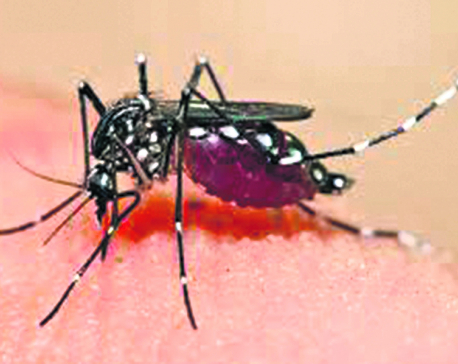
Tackling Dengue Menace
In recent weeks, various parts of the country including the Kathmandu Valley have been grappling with a severe outbreak of... Read More...
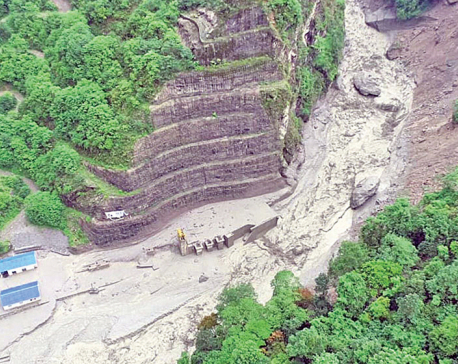
Rain damages temporary bridges and track in Melamchi
KATHMANDU, August 22: With the onset of the rainy season, floods and landslides in the Melamchi River have damaged the... Read More...

Snakebites kill two in Udayapur
UDAYAPUR, Augt 11: Two people of Tapeshwari-1 in Udaypur district have died from snakebites on Thursday. ... Read More...





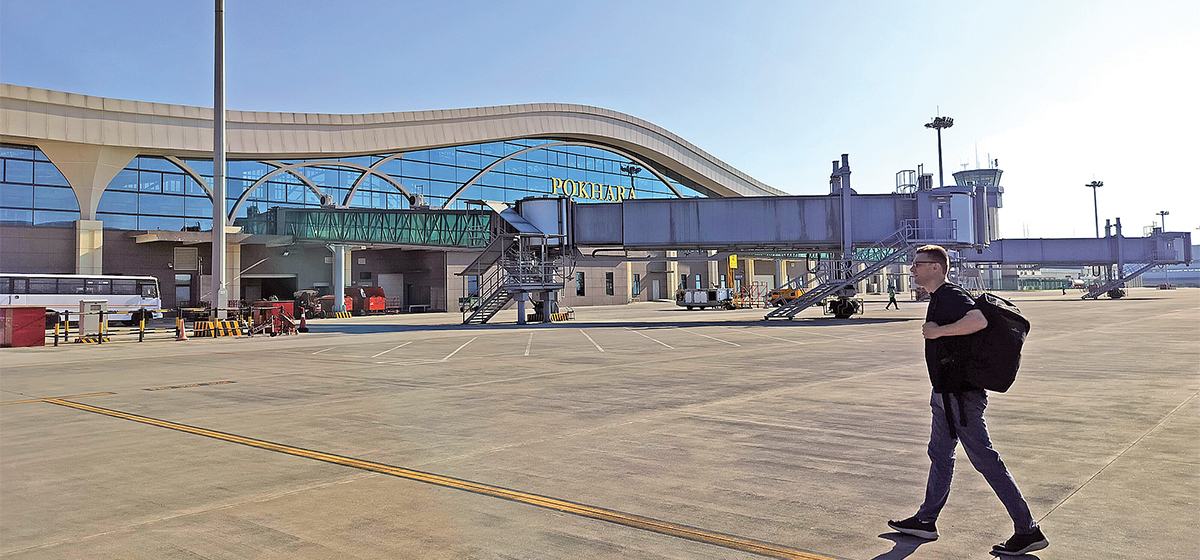

Just In
- Govt urges ISPs to settle outstanding tax liabilities amid internet service disruptions
- Cases of banking fraud up in Nawalparasi
- IGP Kunwar holds meeting with Indonesian National Police Chief Murti
- Nepal faces severe disruptions in internet service after ISPs fail to pay the Indian vendor
- Innovation Fund will be set up for IT sector expansion: PM
- NEPSE loses 7.31 points, daily turnover slides down to Rs 4.13 billion
- President Paudel summons budget session on May 10
- Over 100,000 tourists visit Nepal monthly on average



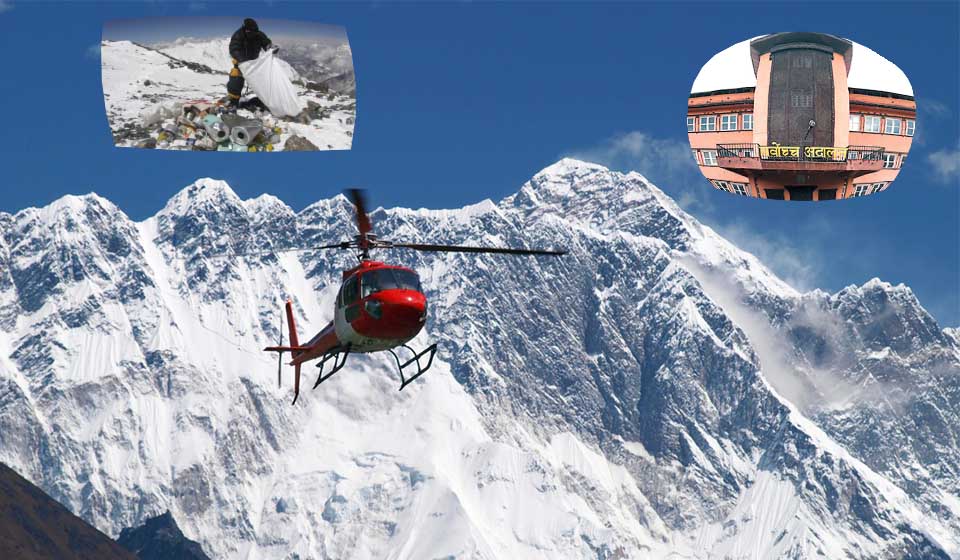
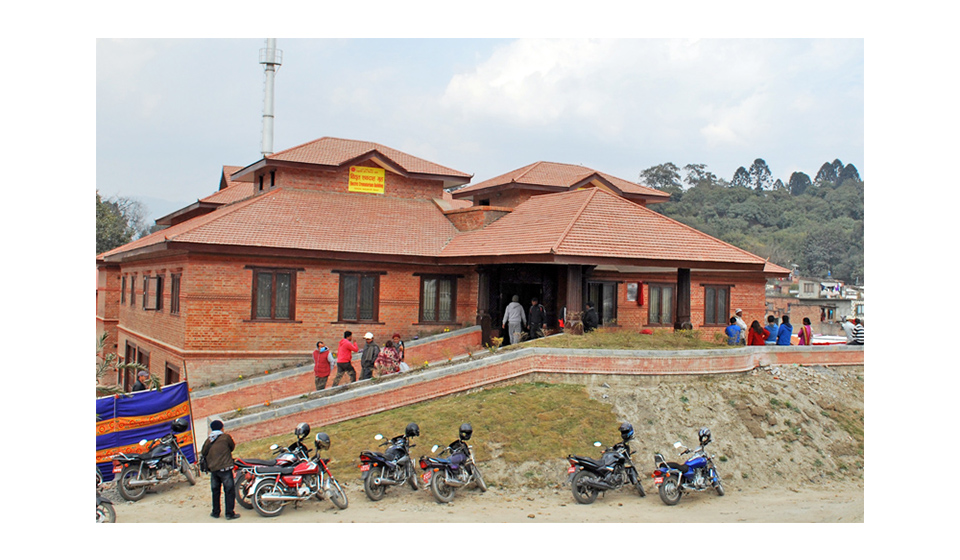

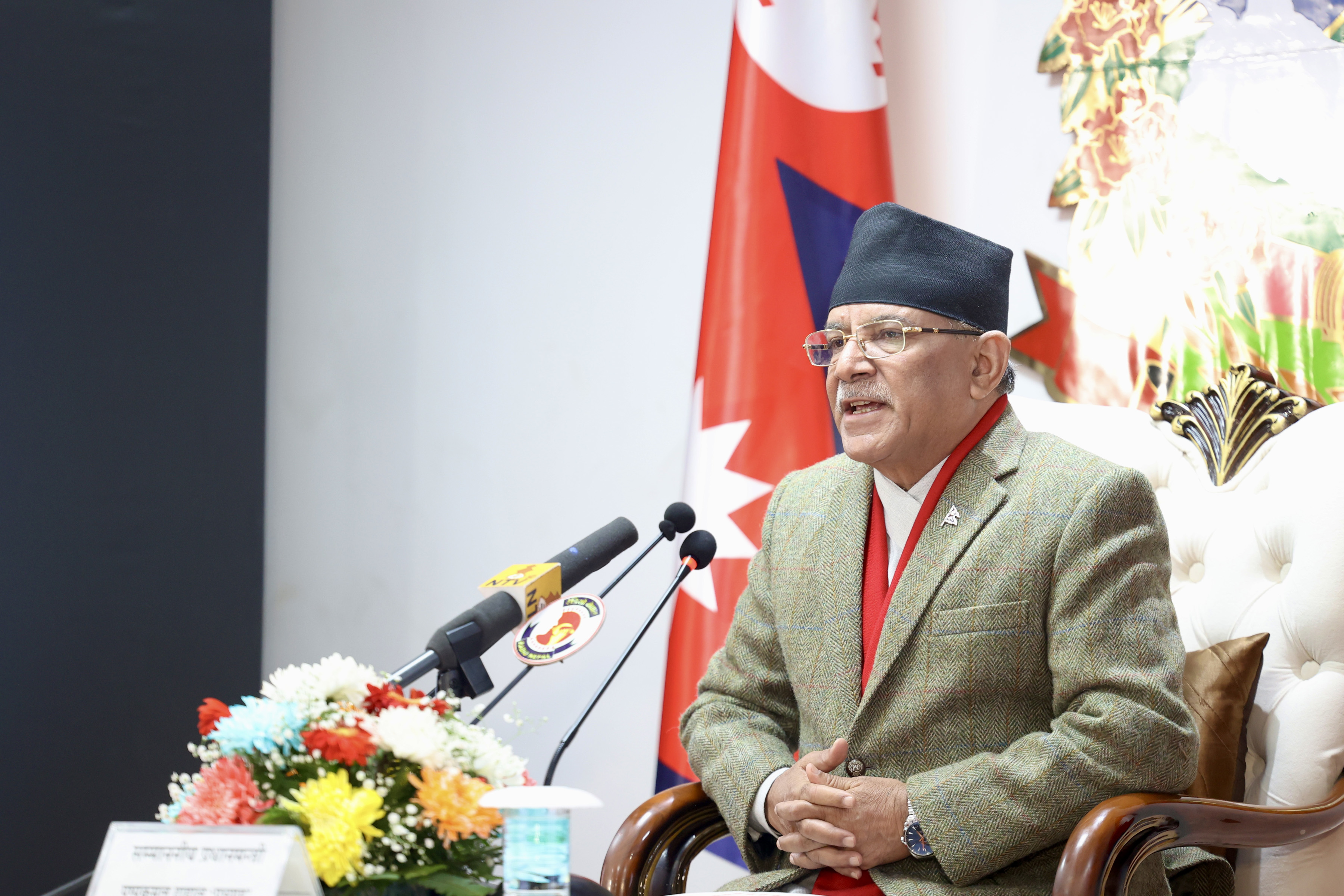


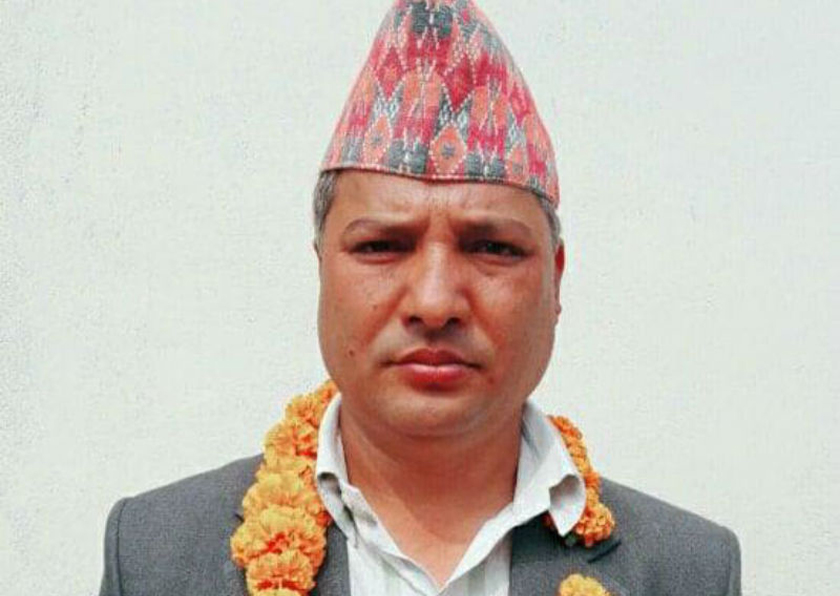


Leave A Comment